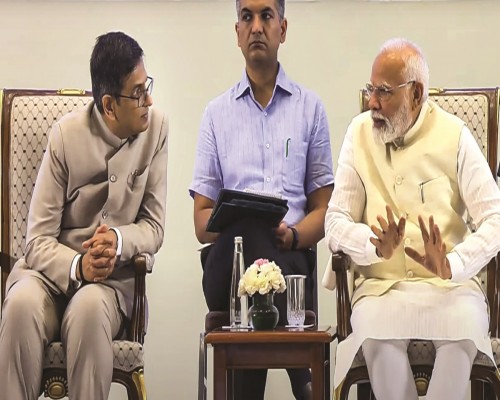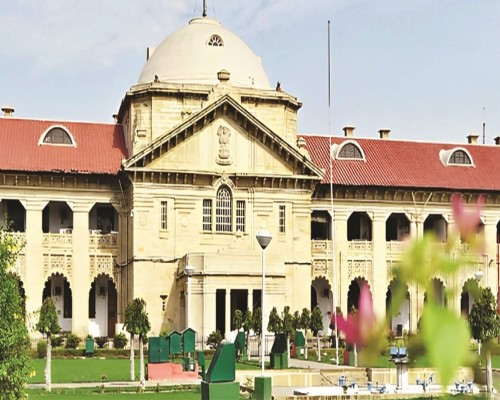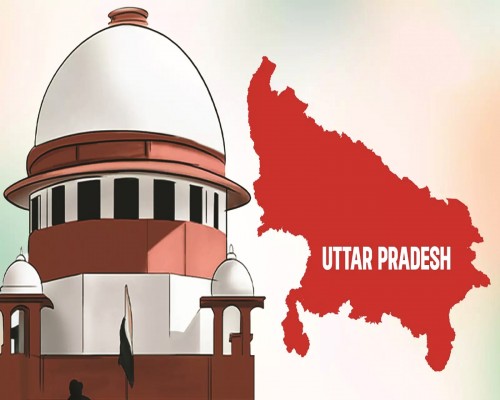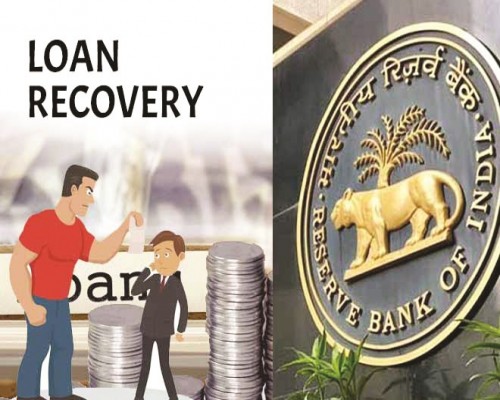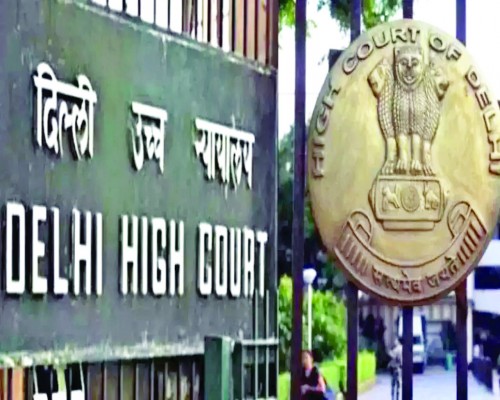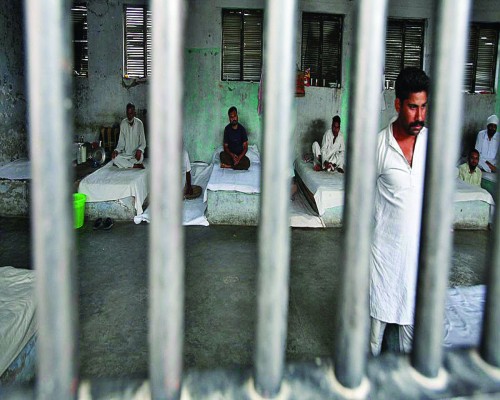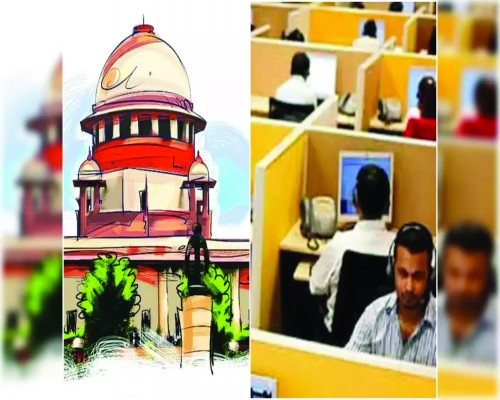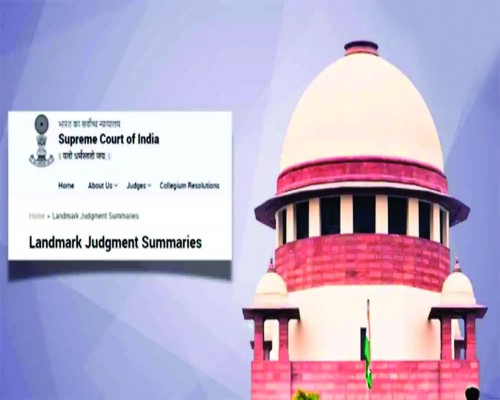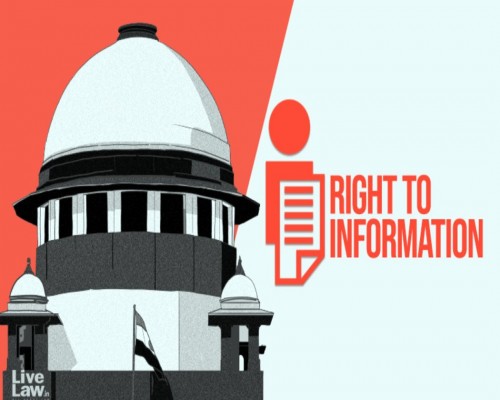Death Penalty in India: Beyond Execution, A Question of Mental and Legal Justice

A recent Supreme Court report highlights the stark realities surrounding the death penalty in India, emphasizing the psychological and procedural struggles of prisoners awaiting execution. The report, part of the "Project 39A" initiative by the National Law University, Delhi, sheds light on the plight of death-row inmates across five states.
Mental Health Crisis Among Death-Row Inmates
The report reveals that 62% of prisoners sentenced to death develop mental health issues while awaiting their fate. Prolonged incarceration under such extreme circumstances often exacerbates their psychological distress, further raising questions about the fairness of the system.
Execution Rates and Judicial Delays
Although over 3,500 prisoners await execution, only a fraction are ultimately hanged. Between 2018 and 2022, the number of death sentences increased, yet the rate of executions remains minimal. This is partly due to the extensive judicial process, where appeals and reviews can span over a decade.
State-Wise Insights
The study examined death-row prisoners in Delhi, Karnataka, Madhya Pradesh, and Maharashtra, highlighting the disparities in their treatment and the conditions of incarceration. Delhi alone accounts for over 1,200 prisoners awaiting execution, the highest in the country.
A Call for Reform
The findings underscore the need for systemic reform, balancing justice with human dignity. Experts argue for reevaluating the death penalty's role in the criminal justice system, especially given its limited application and the toll it takes on inmates' mental health.



